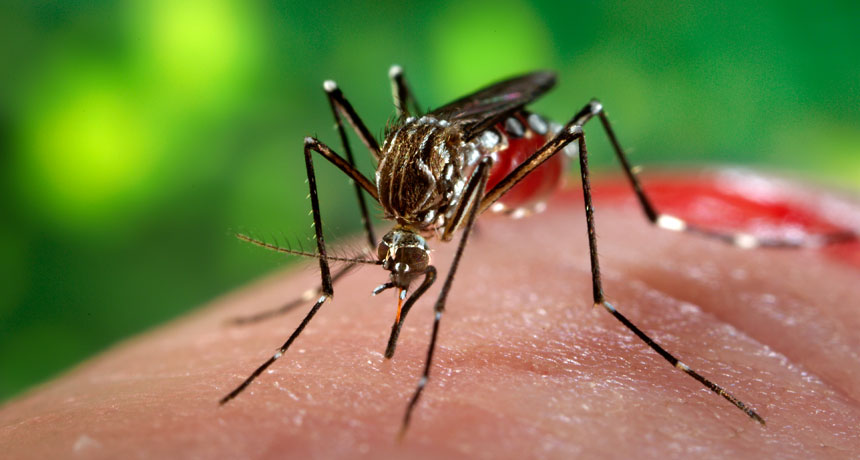Top Stories

Joe Alton MD Asks: Is Brazil's Zika Virus a Mutation?
The Zika virus is spreading throughout the Western hemisphere after crossing the Atlantic from Africa and Asia. At present, cases have been reported in every country except for Canadaand Chile. The Center for Disease Control (CDC) has gone so far as to issue travel advisories warning pregnant women to stay away from countries with widespread outbreaks, like Brazil.In Africa, Zika virus is thought to mostly cause only minor illness; in fact, 80% of those infected have no symptoms at all. In the area where it's traditionally found, the virus is not associated with a birth defect called "microcephaly." In the New World, however, this virus is now becoming an issue that some predict may affect up to 100,000 newborns. As microcephaly causes lifelong disability, care for those affected will tax the resources of underdeveloped regions that are dealing with it.
Dr. Joe Alton, medical doctor and disaster and epidemic preparedness writer asks: "Why is a virus that isn't a serious problem in its original territory suddenly causing these heartbreaking deformities? Zika is a tropical disease spread by mosquitoes; these are conditions present in Brazil, Africa, and Asia. Why should it have such a different presentation in one part of the world than others?"
Dr. Alton believes that Zika in the Western Hemisphere is a mutation of the original virus. Viruses are well-known for their ability to change genetically. These changes, or mutations, may either be insignificant or have major consequences. Luckily, most viruses don't change much from year to year, and this is the reason why influenza vaccines are usually effective preventatives. This year's flu is often similar to last year's, and flu vaccines are made from components of last year's virus.
If an influenza virus mutates significantly, as is suspected with the Spanish Flu epidemic that killed 50 million people in 1918-9, a much higher number of cases and deaths would occur. This is simply because populations have not been exposed to it before and have, therefore, less immunity.
Imagine if Ebola, which caused a regional epidemic in West Africa in 2014, had mutated to become easily transmissible through the air? It would have been more challenging to control and could have reached pandemic status.
Dr. Alton notes that, despite the possible dire results of a mutation, there's nothing in the news that mentions the possibility that the Zika virus has mutated. He says: "If we are to have success in developing treatment or prevention of this viral illness (none exists at present), we will have to take into account the chance that this Zika virus is not the same as the original."



Comments